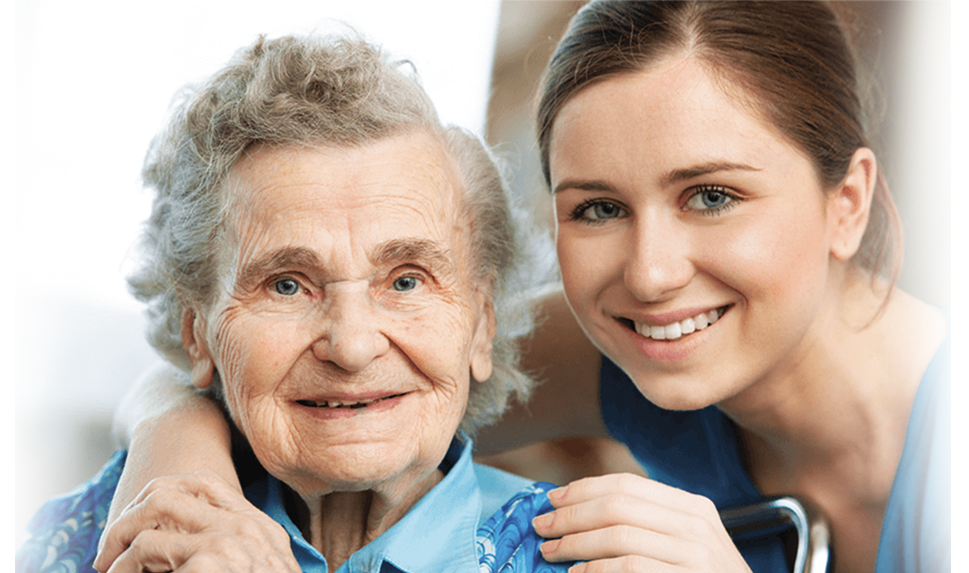
More than 20,000 units for senior living exist across America. Making the move to assisted living can be daunting at first—and understandably so. After all, you are leaving behind your old home and moving to a strange space with new neighbors. However, this move will benefit you—mentally, physically, and emotionally. You just need to learn how to make the most of it. Loving Care Assisted Living in El Paso invites you to learn how you can thrive in your new assisted living community below.
Choose the Right Community
When it comes to moving into an assisted living community, you may be concerned about leaving behind certain aspects of your lifestyle that matter most to you, but the good news is you don’t have to. For example, if you’ve been a gardener your whole life and enjoy time spent outdoors, look for a community that offers gardenesque views and walkways that allow you to comfortably spend time outside. It’s best to carefully research communities to find one that accommodates your current and future needs, as well as your budget.
Part of finding the right community also means looking to the future. If you are in the early stages of Alzheimer’s or dementia, it’s important to find a home that offers memory care. In the same vein, if you know that skilled care is an eventuality, it will serve you well to survey nursing home communities in your city so that you have a plan for when you need more than assisted living.
Take Part in Group Activities
Depression affects all age groups, including older adults. One cause of depression in seniors is loneliness. To combat this, senior care communities offer many opportunities for group activities. Movie nights, bingo, art classes, outings—these are just some of the possibilities. Assisted living communities provide these opportunities to encourage you to engage socially and remain physically active. Exercise also offers health benefits for aging individuals, including better sleep and improved range of motion.
Create a Homelike Space
Depending on the type of community you are staying in, you may have a shared or private room, or even an entire suite or small apartment all to yourself. Whatever space you have, make it your own. Having a healthy space to call your own can help fight stress and anxiety. You want a comfortable place to retreat to when you need some “me” time—a space that you can call yours. Accomplish this by incorporating small bits of your old home into a new one; for example, a favorite throw blanket or pillow is an easy and cozy addition.
You can also create a more personalized space with photos: choose your favorite snapshots of family and friends and create a collage for the wall. Ottomans and trunks are great options for extra storage if you need it.
Invite Your Family to Visit
Ease the initial transition to assisted living by surrounding yourself with familiar faces. Have family stop by your new home, as they can help you set up your space—and then you can give them the grand tour. If you’re on the shy side, this is a great way to get to know other people in the community with someone you already know by your side. You can take the opportunity to introduce both yourself—and your child or grandchild.
Talk about ways to have your family involved in the future. Seeing people every day is an important component of mental health. Many assisted living communities integrate family into their programs, planning dinners or entertainment specifically designed to include loved ones. Including your family in your new home life holds many advantages, as Elder Care Alliance’s article on the benefits of community involvement in senior living reveals.
Tell Someone if You’re Feeling Down
Even with these steps, you may find it tough to settle into your new home at first. Don’t hesitate to talk to a caregiver, or tell your friends or family if you’re feeling down. More than two million Americans over age 65 experience depression and, sadly, a whopping 68 percent of them know little to nothing about the illness, according to Mental Health America.
Know what to look for: Signs of depression include feelings of despair, lack of energy, and withdrawing from others. Take a look at Philips Lifeline’s list for more symptoms. By talking to someone, you will get the help you need to live the happy and healthy life you deserve.
The aim of any assisted living communities is for you to make the most of your golden years—they want to see you doing well. Be open to their assistance and they will help you thrive.
